
Europa Universalis IV Preview
I started playing the nearly completed build of Europa Universalis IV a couple of days ago and, as I wholly expected, it has consumed my every thought since. This is grand strategy gaming at its most engrossing, with one of history’s greatest time periods represented in full.
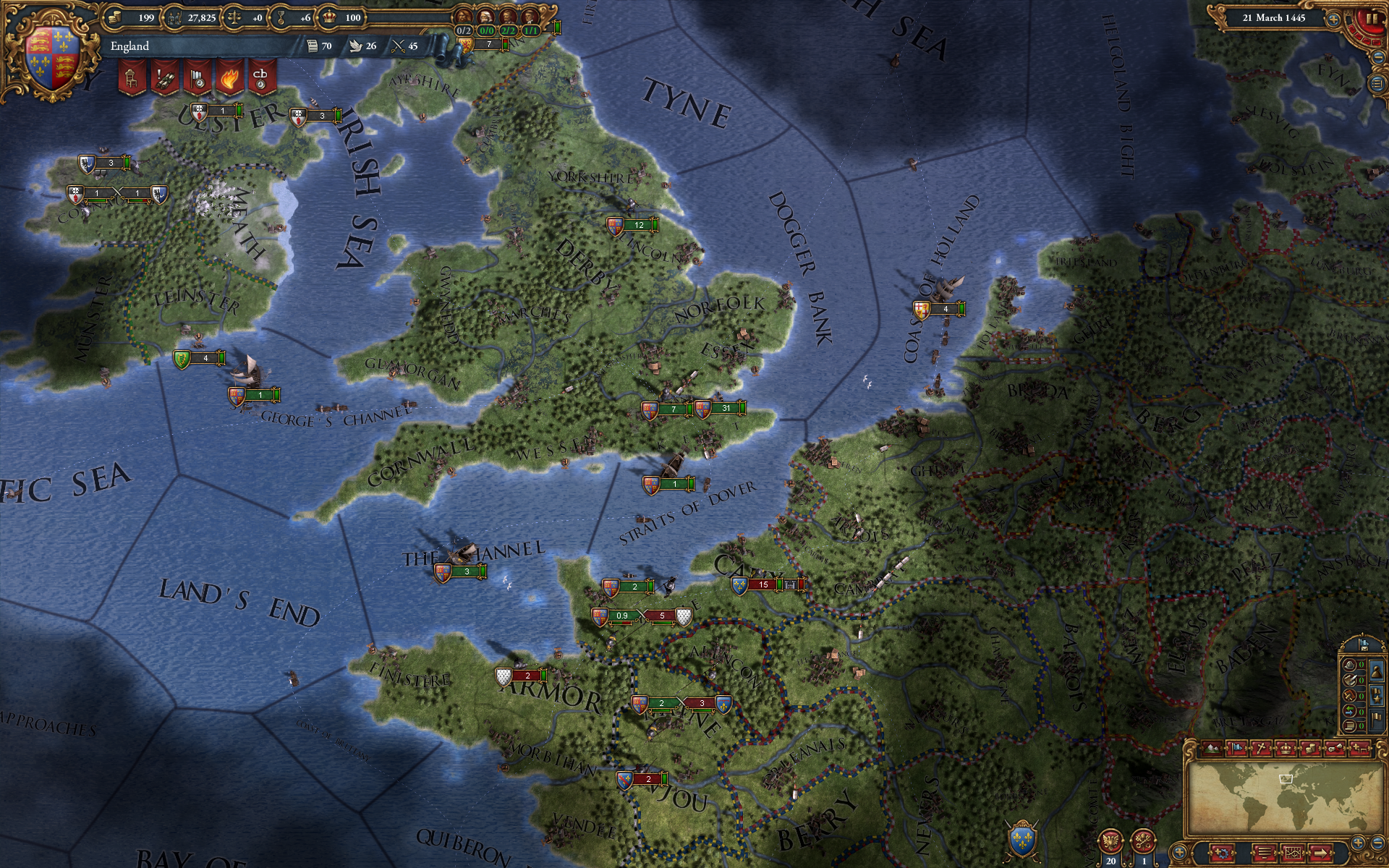
When I say full, I do really mean it. The first thing that struck me after sinking hours in to Paradox’s other grand strategy title Crusader Kings II, is that there’s so much more to explore in EUIV. Rather than the familiar view of Europe and Asia Minor, EUIV opens up the entire globe to be explored and conquered. Of course, that also means there’s a huge stretch of history to play around with; around 300 years of the most active period of human history. While playing as the more obvious and easier European powers is arguably the best way to get the full experience, you’ll also be able to play as any other nation across the globe, from Japanese shogunates in the early 16th century to the rising USA later in the time period.
That global feel is part of what makes EUIV stand out; there’s a lot of strategy games out there that tout their huge worlds and diverse locations, but in this game, you play the world. It’s all there for the taking, although capturing the entire globe would probably be impossible. During my playtime I spent most of it with my campaign as the English (and later Great Britain); I was planning on getting deep into a few campaigns, but I became so encapsulated in my job as omnipotent ruler of England that I didn’t want to stop. Regardless, there’s a lot of potential in the pure number of nations/factions you can play as in this game, with each of them presenting different challenges and play styles. That core aspect is what makes this game so exciting.
Of course, this vastness can be a bit daunting at first, and the intricate nature of the grand strategy genre doesn’t help matters. As ever, though, if you’re willing to devote your time to the game, there’s so much you can get out of it. There are few (I would argue no) games out there that offer the replayability of Europa Universalis, the latest instalment looks to continue this trait with a ridiculous number of factions, improved graphics and a host of new systems that look to boost the already brilliant EU mechanics.
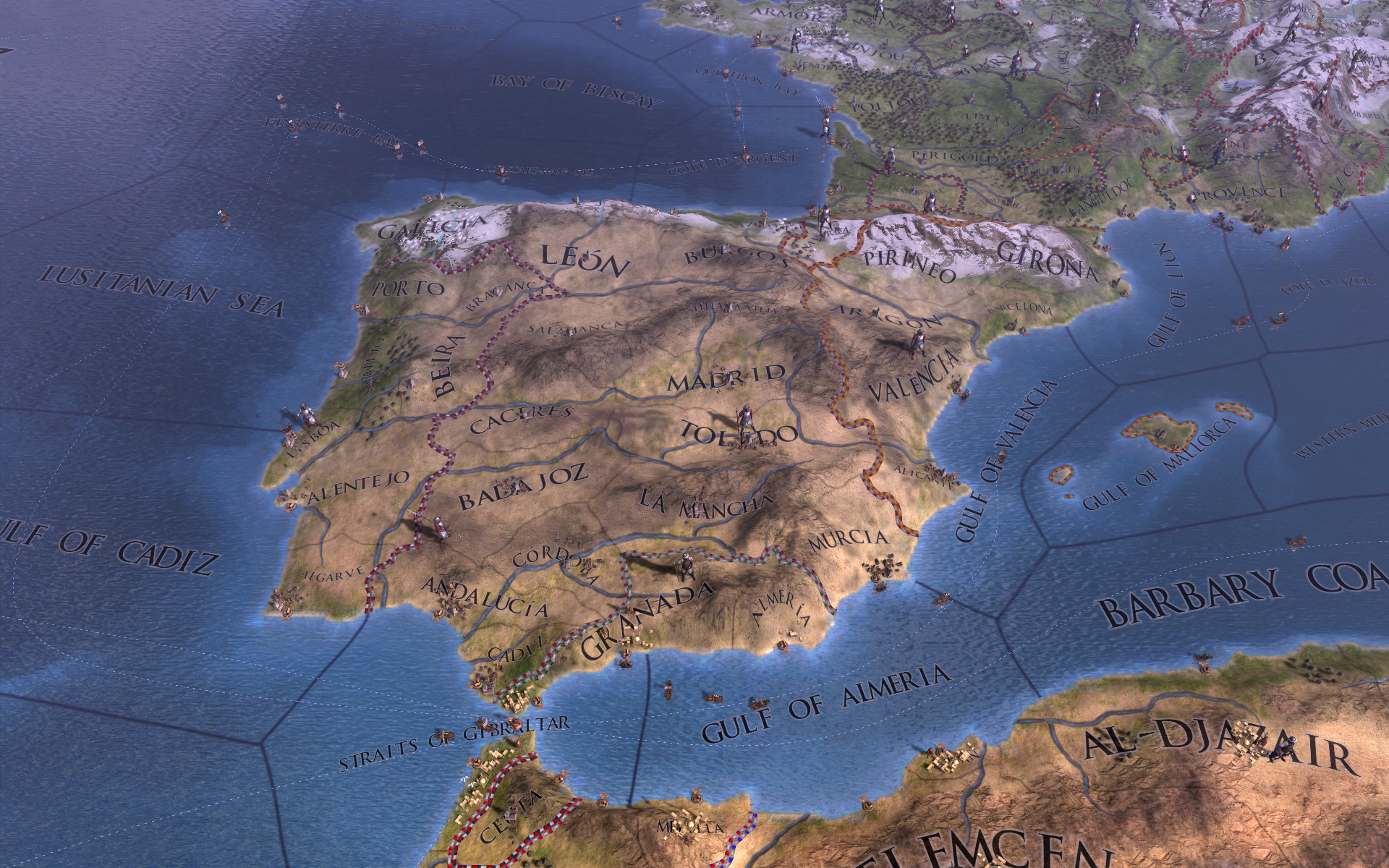
The new headline mechanic is the ‘Monarch Power’ system, which forms the backbone of many of the decisions and changes you’ll be making to your realm. In a slight, but important, change from CKII, you act as a sort of mystical presence that decides the actions of an entire nation; you don’t play as a line of rulers but rather rule over them. So there’s less of an interpersonal feel present, instead everything feels a bit more grand as huge national superpowers battle it out for world wide supremacy. Despite this, your worldly leader (be he/she a King/Queen, doge or president) does have an impact on your game through Monarch Power. Monarch Power is split into three categories: administrative, diplomatic and military. The points gained per month for each of these categories are defined by a base score of 3 in addition to any bonuses your leader and advisors have (often an additional 4 or 5). The points can then be used for upgrading your technology or researching new national ideas.
The national ideas mechanic was present in EUIII but wasn’t really a core feature of the game. This time around, Paradox have decided to take a hint from tech-tree focused games like Civilization and implement a system in which the choices the player makes have a huge impact on the nation they’re playing. The national ideas can be chosen after reaching a certain technology level from a pool of about 15, with each offering a string of unlockable bonuses (all purchased with the Monarch Power points). So if you want to start navigating and colonising the unknown world, then the exploration idea is for you; this allows you to use settlers and explorers as well as other, more intricate, bonuses. It’s a system that works fantastically in the preview build I played, so it’s something to really look forward to come full release.
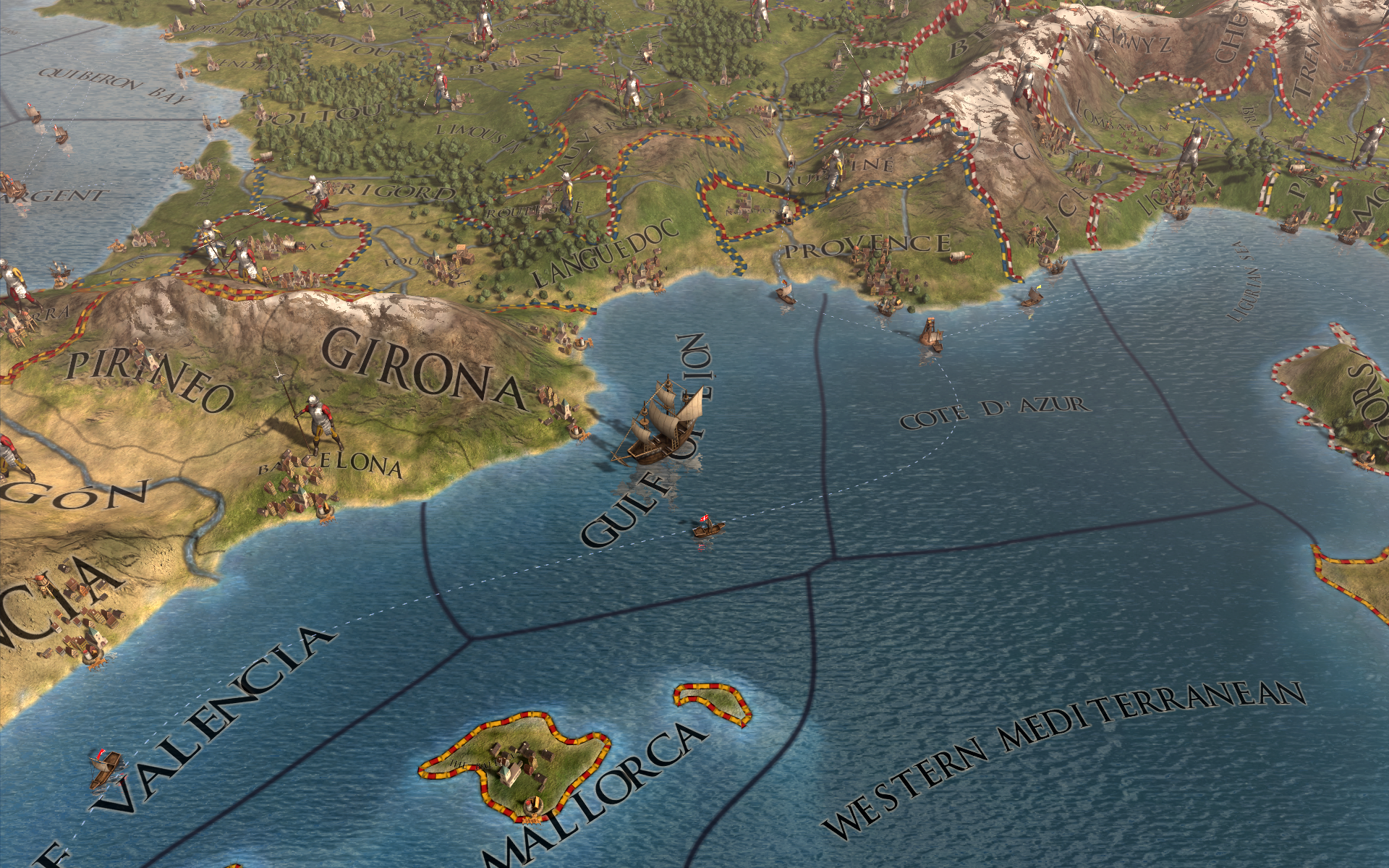
The technology system I briefly mentioned before makes a return, with much less of a revamp. However, after playing CKII in which technology can be almost wholly ignored, the tech area of the game feels very important, if not particularly creative. Something that’s received a lot more attention this time around is the overhauled trade system. Trade is centred around a collection of points at historical trading centres like London, Venice and Constantinople. These trade points are shared between the nations which own provinces linked with them, which means each nation has percentage control of that point. The better your trade power (which is improved through national ideas and technology), the more control you can take over that trade point. It all means that trade can become a primary focus in the game, as opposed to a minor source of income. Playing as nations like Venice should be particularly interesting for those who want to experience this new trade mechanic in full force.
Diplomacy has taken some tips from CKII, so nations will now have differing views of each other. Thankfully though, the seriously confusing diplomacy found in that game has been swapped out for a similar system, but one that only requires you to right-click on a nation to bring up the diplomacy panel. No clicking through endless portraits and shortcuts. There are some additions to the whole system as well, like coalitions. From my time with the game, it was very much apparent that the diplomacy system had been brilliantly balanced and that the AI really grasped the finer details of it all. Wars were waged logically, alliances were formed intelligently and it was all easy to understand and act upon.
So while the methods of peace have been revamped, what about the machines of war? After all, it’s tricky to become a global power without stepping on a few toes. Warfare still works on the same basic principals; so a computerised series of dice rolls (all made behind the scenes) based on army size, modernism and leader ability decides the fate of battles. Again unlike CKII, having a larger army isn’t the key to success. The technological development of your nation is also important as you can use military Monarch Power to upgrade army tech and research military focused national ideas. It means battles aren’t as predictable as in Crusader Kings, and there’s much more focus on maintaining a strong standing army, mirroring the methods of the time period.
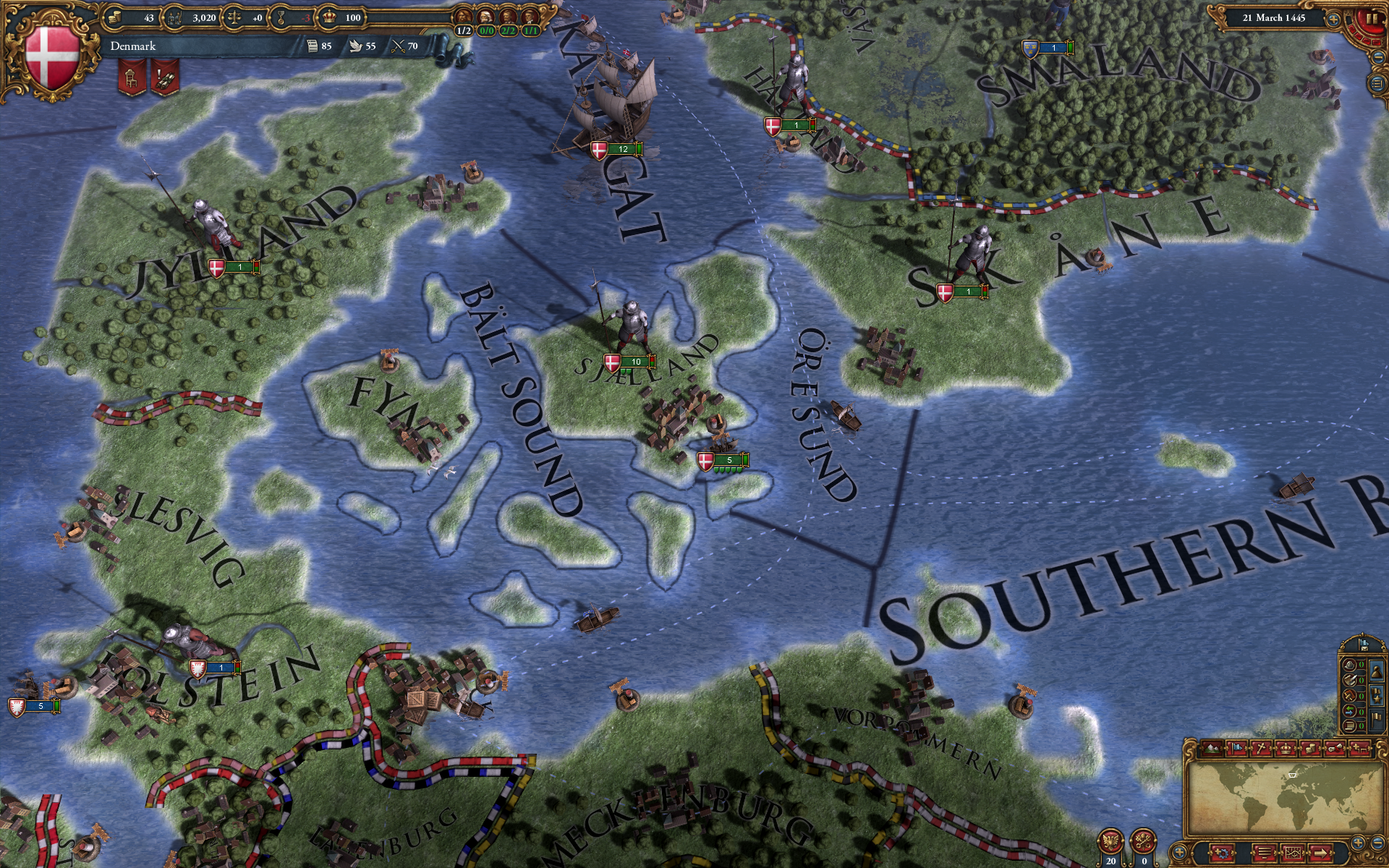
The speedy development of military technology during the discovery age means there’s a lot of options when it comes to land units and ships, the latter of which are extremely important in a game centred on exploration. The system for recruiting units is another great step up from CKII. Out go the local armies raised from the peasantry, in go professional armies that can be recruited within territories, much like other strategy games. It means that even small nations can have a big army so long as they have the financial means to maintain it, and with the new trade and ideas systems, this is very much a possibility. All of this comes together in a hugely improved UI and campaign map; the Clausewitz engine used for CKII is pushed even further to create a beautifully realised globe.
A lot of this preview has sounding like me actually reviewing the game, but considering I’ve been playing, and greatly enjoying, an almost finished build of Europa Universalis IV, you can’t blame me. Truth is, I want to just shout to the world how good this game is shaping up to be. There just aren’t enough strategy fans, let alone general gamers, out there who know how brilliant Paradox grand strategy games are. With EUIV set for release on the 13th of August, and the preview build in such good order, this could be the best one of the lot.





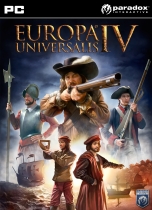






COMMENTS
Emseypenguin - 01:38pm, 4th December 2018
Gotta say this looks right up my alley.
RGDfleet - 01:38pm, 4th December 2018 Author
One of the best games I've played for a long time, so sad the press beta is being taken offline tomorrow :'( MY WONDERFUL EMPIRE!!!
Ewok - 01:38pm, 4th December 2018
Nobody does strategy quite like Paradox do. This is looking great.
Cronos - 01:38pm, 4th December 2018
I should probably give 3 and Rome a look, picked them up a while back when they were in an indie bundle and have yet to play them.